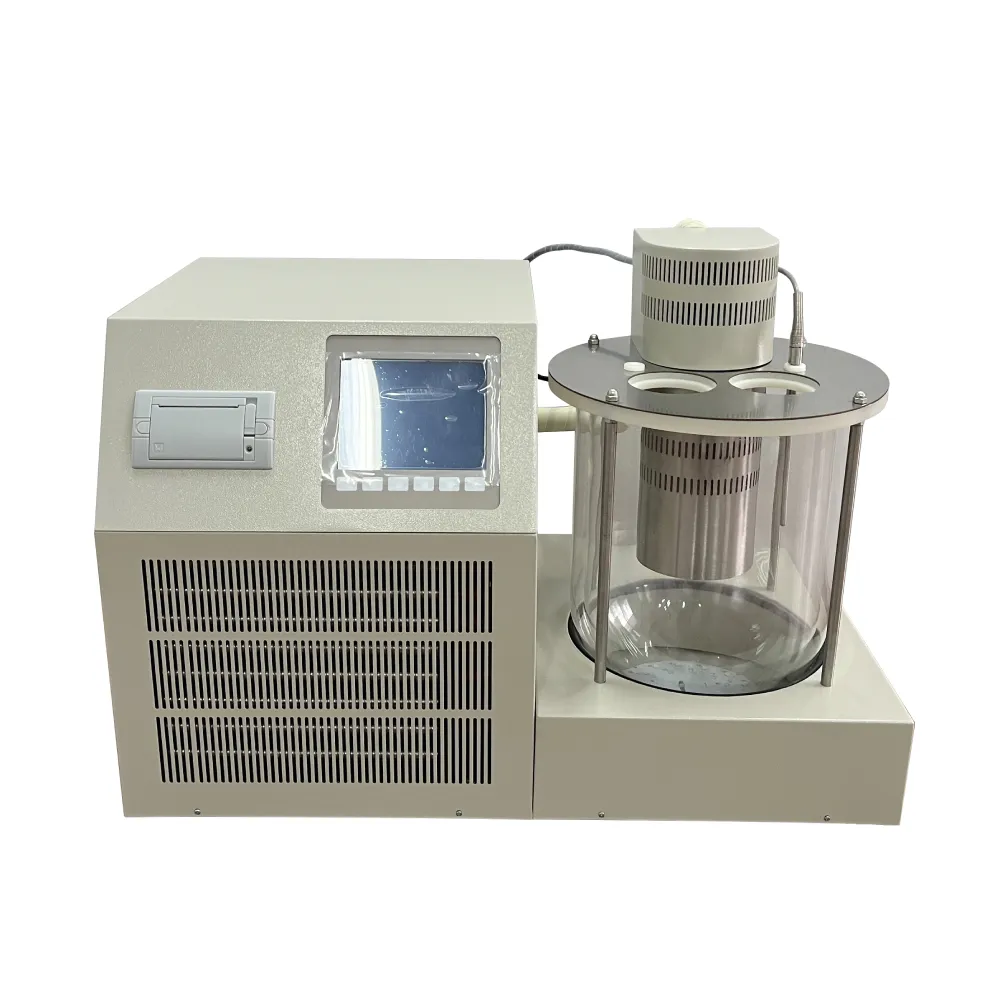 English
English



-
 Afrikaans
Afrikaans -
 Albanian
Albanian -
 Amharic
Amharic -
 Arabic
Arabic -
 Armenian
Armenian -
 Azerbaijani
Azerbaijani -
 Basque
Basque -
 Belarusian
Belarusian -
 Bengali
Bengali -
 Bosnian
Bosnian -
 Bulgarian
Bulgarian -
 Catalan
Catalan -
 Cebuano
Cebuano -
 China
China -
 China (Taiwan)
China (Taiwan) -
 Corsican
Corsican -
 Croatian
Croatian -
 Czech
Czech -
 Danish
Danish -
 Dutch
Dutch -
 English
English -
 Esperanto
Esperanto -
 Estonian
Estonian -
 Finnish
Finnish -
 French
French -
 Frisian
Frisian -
 Galician
Galician -
 Georgian
Georgian -
 German
German -
 Greek
Greek -
 Gujarati
Gujarati -
 Haitian Creole
Haitian Creole -
 hausa
hausa -
 hawaiian
hawaiian -
 Hebrew
Hebrew -
 Hindi
Hindi -
 Miao
Miao -
 Hungarian
Hungarian -
 Icelandic
Icelandic -
 igbo
igbo -
 Indonesian
Indonesian -
 irish
irish -
 Italian
Italian -
 Japanese
Japanese -
 Javanese
Javanese -
 Kannada
Kannada -
 kazakh
kazakh -
 Khmer
Khmer -
 Rwandese
Rwandese -
 Korean
Korean -
 Kurdish
Kurdish -
 Kyrgyz
Kyrgyz -
 Lao
Lao -
 Latin
Latin -
 Latvian
Latvian -
 Lithuanian
Lithuanian -
 Luxembourgish
Luxembourgish -
 Macedonian
Macedonian -
 Malgashi
Malgashi -
 Malay
Malay -
 Malayalam
Malayalam -
 Maltese
Maltese -
 Maori
Maori -
 Marathi
Marathi -
 Mongolian
Mongolian -
 Myanmar
Myanmar -
 Nepali
Nepali -
 Norwegian
Norwegian -
 Norwegian
Norwegian -
 Occitan
Occitan -
 Pashto
Pashto -
 Persian
Persian -
 Polish
Polish -
 Portuguese
Portuguese -
 Punjabi
Punjabi -
 Romanian
Romanian -
 Russian
Russian -
 Samoan
Samoan -
 Scottish Gaelic
Scottish Gaelic -
 Serbian
Serbian -
 Sesotho
Sesotho -
 Shona
Shona -
 Sindhi
Sindhi -
 Sinhala
Sinhala -
 Slovak
Slovak -
 Slovenian
Slovenian -
 Somali
Somali -
 Spanish
Spanish -
 Sundanese
Sundanese -
 Swahili
Swahili -
 Swedish
Swedish -
 Tagalog
Tagalog -
 Tajik
Tajik -
 Tamil
Tamil -
 Tatar
Tatar -
 Telugu
Telugu -
 Thai
Thai -
 Turkish
Turkish -
 Turkmen
Turkmen -
 Ukrainian
Ukrainian -
 Urdu
Urdu -
 Uighur
Uighur -
 Uzbek
Uzbek -
 Vietnamese
Vietnamese -
 Welsh
Welsh -
 Bantu
Bantu -
 Yiddish
Yiddish -
 Yoruba
Yoruba -
 Zulu
Zulu
inductor tester
Understanding Inductor Testers Essential Tools for Electrical Engineering
In the vast realm of electrical engineering, inductors play a critical role in various applications, from power supply circuits to radio frequency devices. To ensure these components function effectively, it is crucial to test their performance regularly. This is where an inductor tester comes into play—a vital instrument that allows engineers and technicians to measure the characteristics of inductors accurately.
What is an Inductor Tester?
An inductor tester is a specialized device designed to evaluate the properties of inductors, which are passive electrical components that store energy in a magnetic field when electric current flows through them. The primary characteristics measured by these testers include inductance, resistance, and quality factor (Q factor). These parameters are essential for determining how well an inductor will perform in its designated application.
Importance of Inductor Testing
Inductors are used in various circuits, including filters, transformers, and energy storage applications. Any defects or changes in their properties can lead to inefficient performance, signal distortion, or even circuit failure. Therefore, performing tests using an inductor tester is crucial for quality control during manufacturing and for troubleshooting in existing equipment.
1. Inductance This is the primary measure of an inductor’s ability to store energy. It is measured in henries (H) and can influence how an inductor behaves in AC and DC circuits. An inductor tester provides a precise inductance value, enabling engineers to verify that the component meets its specifications.
2. Resistance Inductors also have inherent resistance, typically a result of the wire used in their construction. This resistance can affect the performance of the inductor, especially in high-frequency applications. An inductor tester determines the DC resistance, ensuring that it falls within acceptable limits.
3. Quality Factor (Q Factor) The Q factor indicates the efficiency of an inductor, revealing how much energy is lost relative to the energy stored. A higher Q factor signifies low energy loss, which is critical in high-frequency applications. By measuring the Q factor, engineers can assess the suitability of an inductor for specific applications.
Types of Inductor Testers
inductor tester

Inductor testers vary in complexity and functionality. Some basic models allow users to measure inductance and resistance, while more advanced testers feature additional capabilities, such as frequency response analysis, capacitance measurement, and the ability to test under different operating conditions. Digital testers often come equipped with user-friendly interfaces and data logging capabilities, enabling seamless analysis and record-keeping.
The Testing Process
Using an inductor tester typically involves a few straightforward steps
1. Preparation Ensure that the tester is calibrated correctly and is set to the appropriate testing parameters.
2. Connection Attach the inductor to the test leads of the device, making sure to establish a secure connection to avoid inaccurate readings.
3. Measurement Activate the tester, and it will apply an alternating current to measure the inductance, resistance, and any other parameters selected.
4. Analysis Review the results displayed on the tester's screen and compare them with the manufacturer's specifications. Any significant deviation could indicate a faulty inductor that requires replacement.
Conclusion
In summary, inductor testers are indispensable tools for anyone working with inductors in electrical engineering. By providing accurate measurements of inductance, resistance, and quality factor, these devices play a crucial role in ensuring that inductors perform optimally within their circuits. Regular testing not only aids in maintaining product quality but also enhances the reliability of electronic devices. Whether in a manufacturing setting or during maintenance checks, an inductor tester is essential for any professional seeking to uphold the standards of modern electrical systems.
-
Testing Equipment Industry Sees Major Advancements in 2025: Smart & Precision Technologies Lead the WayNewsJun.06,2025
-
Applications of Direct Current Generators in Renewable Energy SystemsNewsJun.05,2025
-
Hipot Tester Calibration and Accuracy GuidelinesNewsJun.05,2025
-
Digital Circuit Breaker Analyzer Features and BenefitsNewsJun.05,2025
-
Benefits of Real-Time Power Quality Monitoring Devices for Industrial EfficiencyNewsJun.05,2025
-
Earth Fault Loop Testing in High-Rise Building Electrical SystemsNewsJun.05,2025



